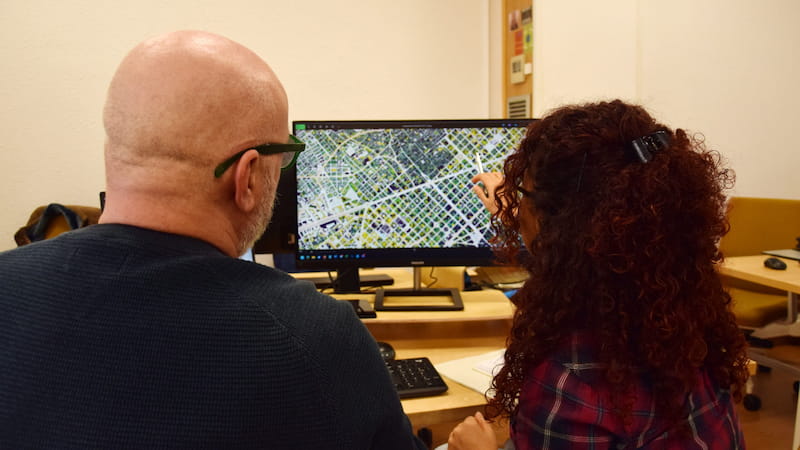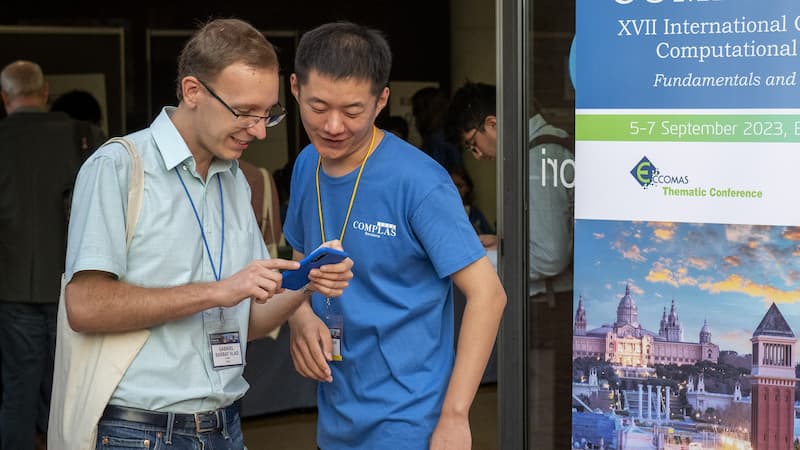Research Integrity
As a public institution, CIMNE is committed to upholding the highest standards of scientific research and production, guided by our Research Integrity Code.

Our internal code provides guidelines for ethics, integrity and quality research. It establishes principles governing research activity, promotes good scientific practices, and facilitates advice on integrity issues. Both CIMNE and its researchers commit to six general principles.
General principles
Honesty
Researchers must report the research process accurately, consider alternative opinions and counterarguments, be open-minded as regards uncertainty, refrain from making unfounded claims, refrain from fabricating or falsifying data or sources, refrain from presenting results in a way that is more favourable or unfavourable than merited, and respect the authorship of any contribution, including fair citation of members in the case of work produced by a team.
Reliability
Researchers must use scientifically rigorous methods and exercise the greatest possible care in designing, directing, executing, reporting and disseminating research. This also means that researchers must not promote pseudo-scientific, pseudo-technological or fraudulent practices that exploit the social prestige of science and technology and seek to manipulate or mislead using unreliable methods.
Transparency
Researchers must clearly state what data their research was based on, how the data was obtained, what the results are and how they were generated, and the role played by external stakeholders. This involves explaining the methodology, processes and algorithms used to conduct the research, so that other researchers can reproduce the results. If parts of the research or data are not made public, researchers should explain why. They must also make clear how the research was conducted and what the various stages of the research process were. The line of reasoning must be apparent, and the steps in the research process must be verifiable.
Independence
The following must not be influenced in any way by persons or institutions motivated by non-scientific considerations: choice of method, evaluation of data, the value attributed to alternative opinions, and assessment of research or research proposals. In this respect, independence also includes impartiality. Independence is required in the design, conduct and publication of research, although not necessarily in the choice of a research topic or research question. In any event, a rationale for such choices must be provided.
Responsibility
Researchers must take into consideration the legitimate interests of all persons and living beings used as test subjects and those of other stakeholders, funding bodies and the environment, and everyone involved in the research process must be treated with respect. Responsibility also means conducting research that is scientifically, socially, and environmentally relevant and that meets sustainability criteria. In view of the social mission of science and technology, this principle requires us to conduct these activities in an efficient manner that takes into account their social cost rather than just economic considerations. Responsibility must be practised at every stage, from idea to publication of research, and in relation to any resulting technologies and applications. In this respect, those responsible must be accountable to the appropriate body for the research project they have carried out. The rights of citizens must also be taken into account at all stages of a project. Consideration should be given to who will be the beneficiaries or users of the research, and communication mechanisms should be established from the outset.
FAIR Principles
These principles are met by research data that is Findable, Accessible, Interoperable and Reusable (FAIR principles). The FAIR principles ensure that research results are accessible and verifiable by third parties.






